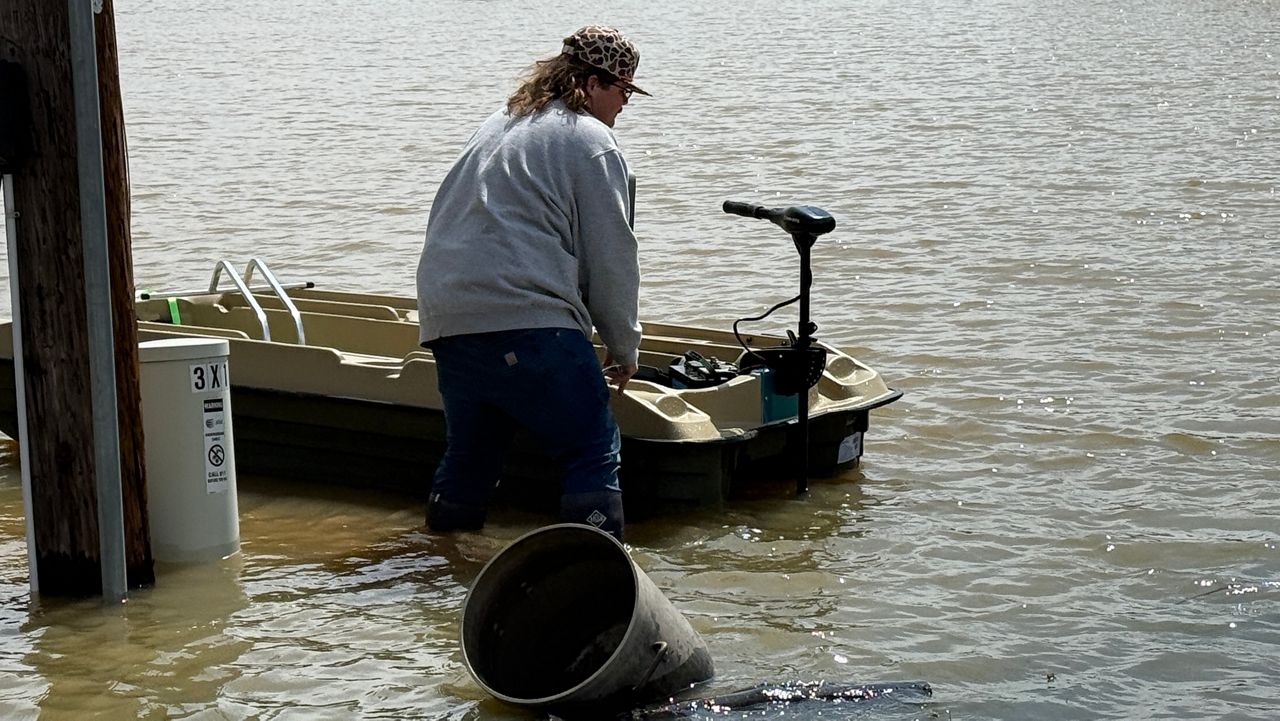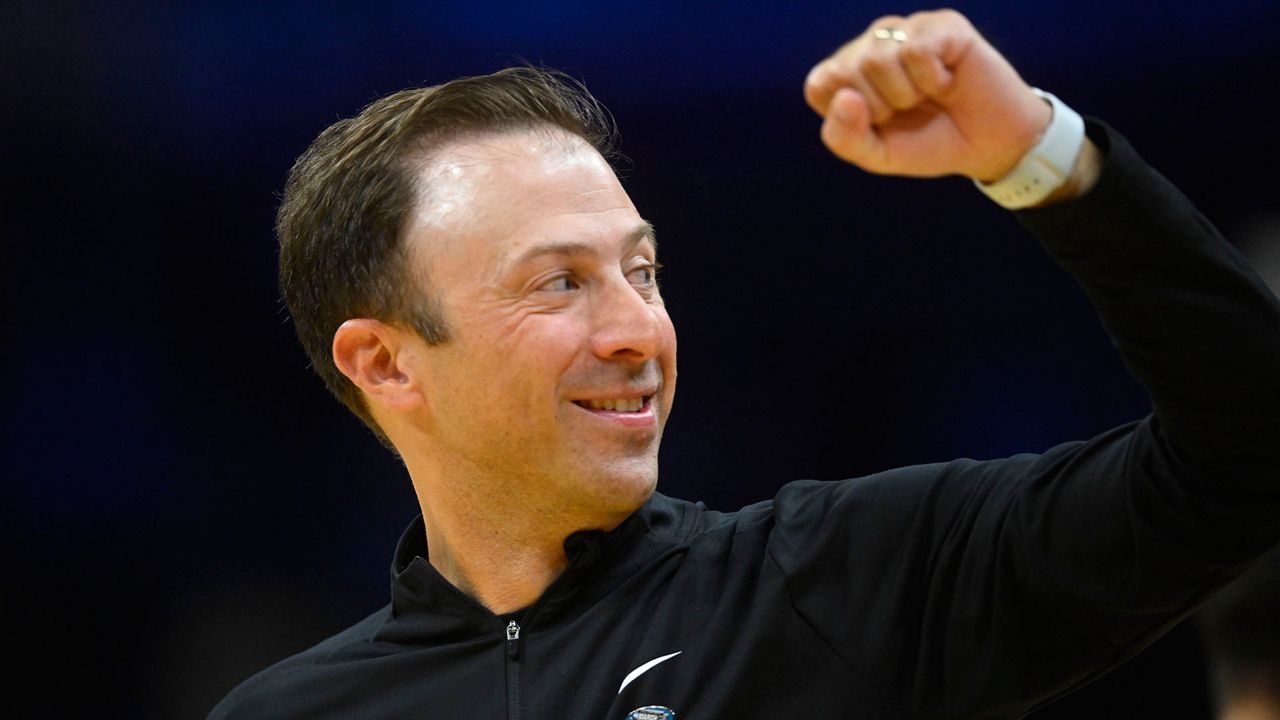DAYTON, Ky. — The boards of education for Jefferson County Public Schools and Dayton Independent Schools, are co-plaintiffs in a lawsuit filed by the Council for Better Education. The council focuses on any constitutional issues that affect public schools, and represents all 171 public school districts in Kentucky.
The council is suing the Kentucky Department of Education and Board of Education over House Bill 9, a charter school bill that passed the Kentucky legislature last year.
The law creates a system for funding charter schools and the state’s pilot charter school program.
Dayton Independent Schools Superintendent Jay Brewer says his district did not hesitate to join the lawsuit when asked.
“Once the barn door is open, all the animals get out, just not one or two,” Brewer said.
Council for Better Education Executive Secretary Tom Shelton says there are several reasons the council found the law to be unconstitutional. One is that the pilot charter school program targets Jefferson County, Kenton and Campbell Counties as pilot locations.
Another, Shelton, said, is the allowance of public funds to be transferred for private purposes.
“It would be transferring potentially, not only state funds, but local funds from a local board of education to move and follow a student. And those funds that have been levied by a local board of education through their tax levying authority, the board would lose that control, and the money for the student, and it would follow the student to go to a charter school. That’s very clearly a constitutional violation in our opinion,” Shelton said.
While JCPS and Dayton Independent are named in the lawsuit, Shelton said the council will be asking for the support of all public school districts.
“And we’re severely underfunded, which also creates equity issues, based on the way our funding formula works,” he said. “So when you’re already in an underfunded system, why would we even be talking about taking additional funds away?”
Those in favor of charter schools have argued they give families more options.
Greg Fischer, CEO of Fischer Homes, made his case to Northern Kentucky University’s Board of Regents when the board was considering being an authorizer of a charter school in December, a decision the board passed on by not voting.
“Too many of our school-age students are being left behind, especially those faced with additional headwinds like poverty, language barriers and mental health,” Fischer said.
Shelton, however, says there are plenty of options already available for families.
“There’s really no need for charter schools in our state, unless a local board of education had a desire to create a similar type school,” he said.
Brewer, who is also on the Council for Better Education, said he agrees with the council’s findings that the law is unconstitutional.
“What happens with the charter schools is they take the local control away from the board of education to be able to say this charter school is one that we feel will responsibly educate our children of Dayton, if they were to choose that option,” Brewer said. “So when they mandate that we have to have a charter school, basically they’re also mandating that local funds are now going to be under the control of the state. So that’s a big issue.”
KDE Commissioner Dr. Jason Glass said in a statement the department won’t challenge the lawsuit, citing constitutional uncertainties with the law.
In December, the state supreme court found a tax credit scholarship program to be unconstitutional in a separate lawsuit filed by the Council for Better Education. That victory could set a legal precedent for House Bill 9.










